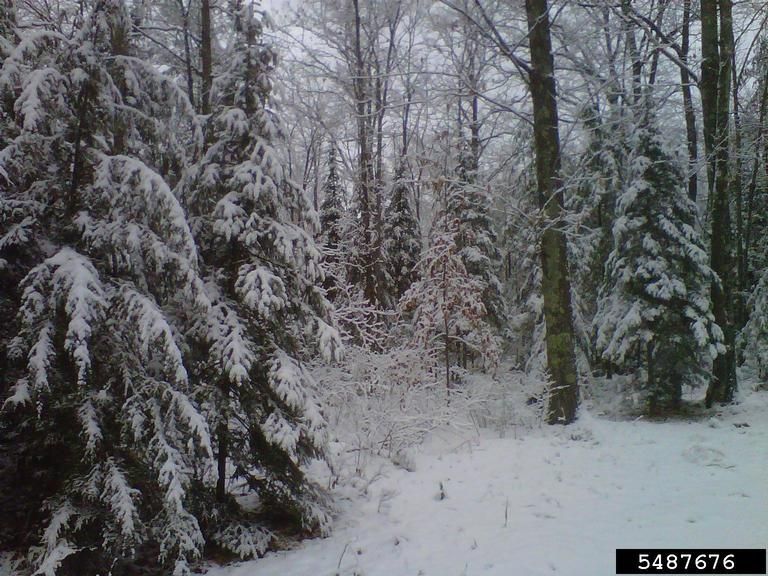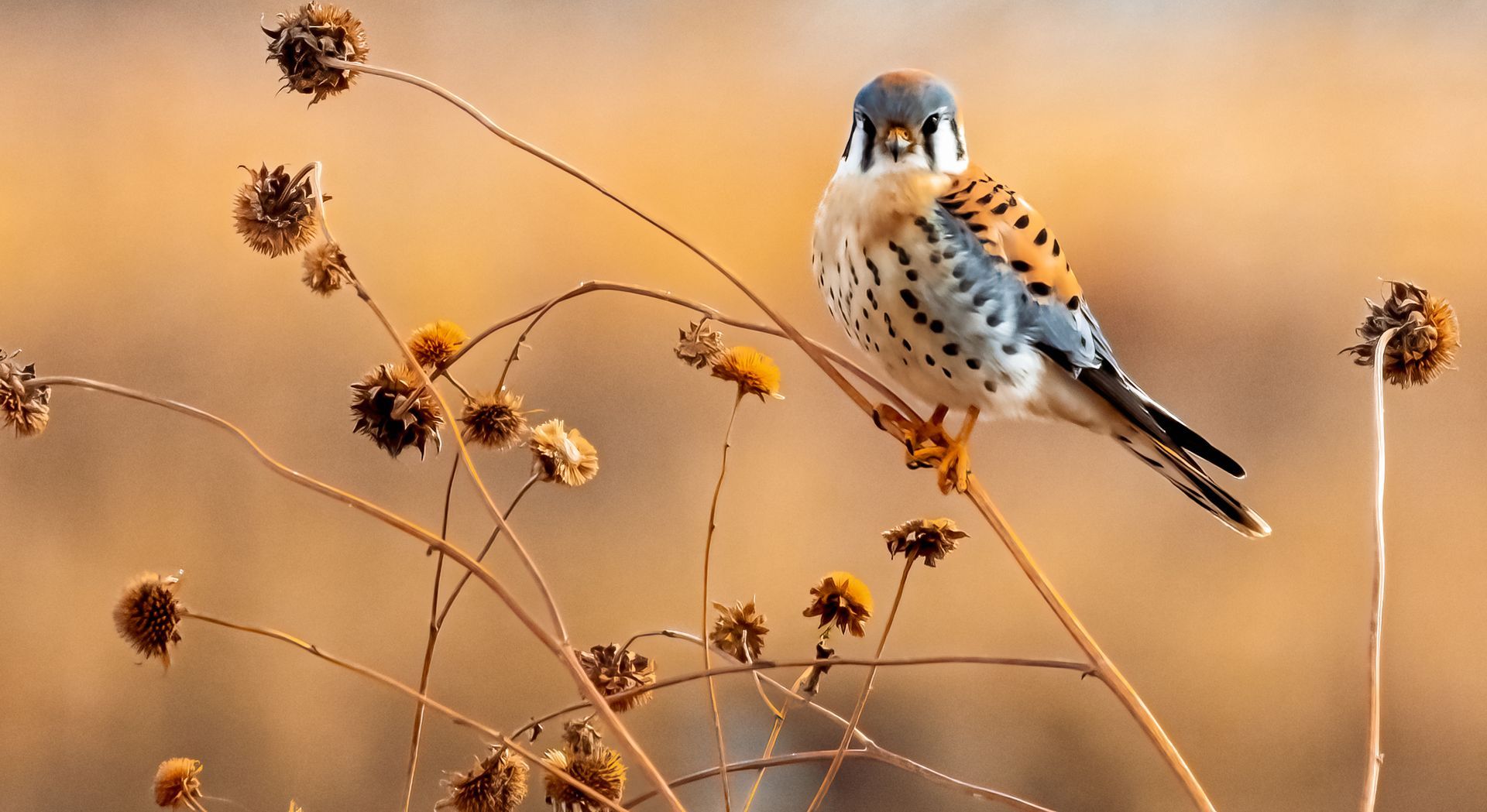MUCC Submits Letter to DNR Director Bowen on Proposed Solar Array Near Gaylord
MUCC Submits Letter to DNR Director Bowen on Proposed Solar Array Near Gaylord

Yesterday, Mlive ran an article about a proposed solar array near Gaylord.
The proposal would be a lease of 420 acres of DNR owned, forested land. The parcel is adjacent to existing solar on private land and is crosscut by existing power lines.
This afternoon, MUCC submitted this letter to DNR Director Bowen, requesting the DNR open a comment period on the proposal to give the public adequate time to review, and provide comments on the potential lease of this land.
MUCC’s member driven policy is that before any solar array can be sited on state owned land a list of criteria must be created and made public to show how decisions are made on a parcel-to-parcel basis. These criteria should include wildlife habitat, migration, and recreational access and how it will be affected by the array.
The official posting of the proposal is expected next week.



